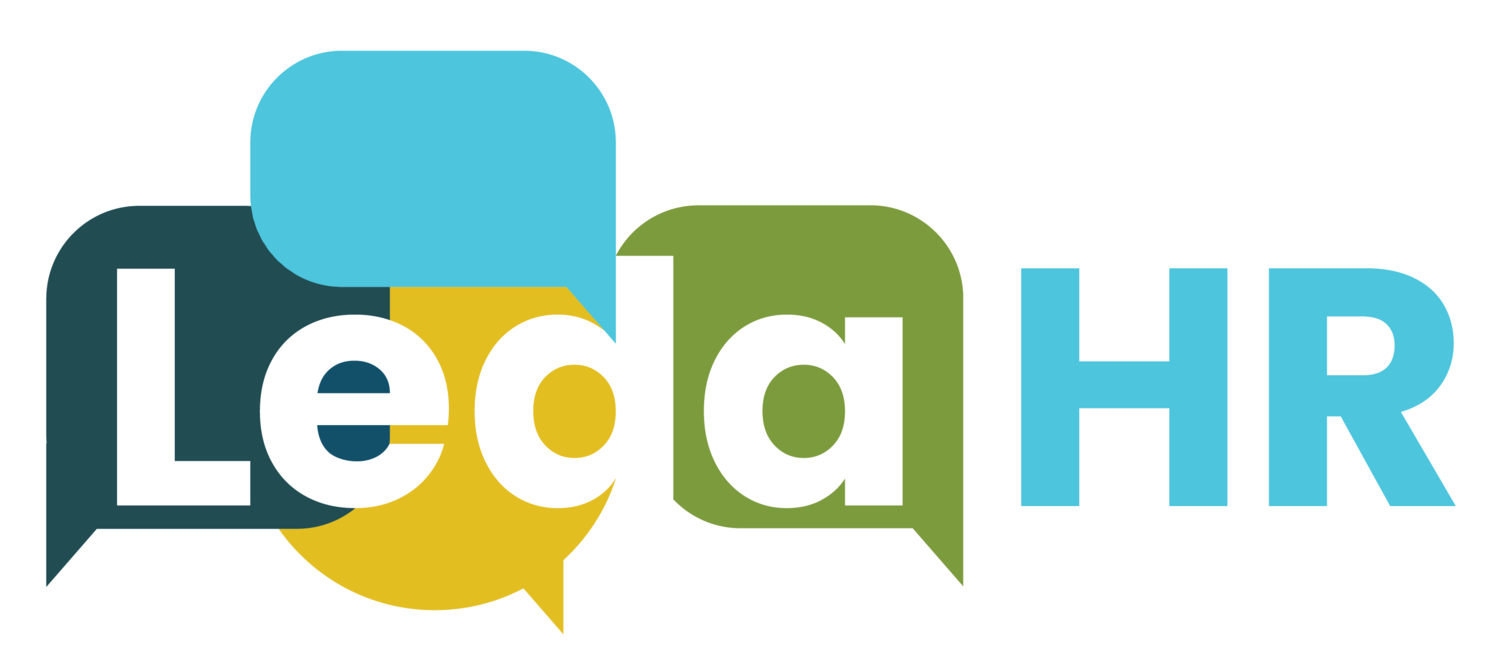The Push for Diversity in B.C.’s Tech Industry
British Columbia has been seeing a fast grow in its technology industry in the last few years, be it in marketing, IT, or other sectors.
However, according to Laura Zubick, the social impact manager at Unbounce, the industry is still facing a significant issue: a lack of diversity parity in tech jobs.
Unbounce, a marketing firm that specializes in helping marketers gain traffic through landing pages, has been working hard in the last few years at the forefront of inclusion in the workspace.
Zubick said one their latest campaigns, Pay-Up-For Progress, aims at getting other technology companies in Vancouver to make their own pledge to compensate female employees so they could experience fairness in a higher level job.
According to her, 57 companies have joined their pledge.
“That initiative is a really powerful testament of how companies do want to step up and make a change.” – Laura Zubick, Unbounce Social Impact Manager
The manager went on to say that over 6,700 employees could be affected by the increase in accountability measures through the call of action that the company spread around.
The campaign is based on Unbounce’s own experience with payment parity issues at work. According to Sarah Gooding, Public Relations Manager for Unbounce, the company has had to deal with mistakes and disparity with compensation payments to female staff.
“We found a slight discrepancy in terms of compensation, so it was quite an easy gap to close. We did do the work to close that small gap. Through that process, we learned quite a bit about equal pay and how a company of our size can actually do the work to reach gender pay parity.” – Sarah Gooding, Unbounce Public Relations Manager
Both Gooding and Zubick said the company also recognized it had an underlying diversity problem, which prompted Unbounce to commit to tackling this problem by joining the Minerva Diversity Pledge back in 2016.
“It was in 2019 that we achieved gender parity organization wide. Today, the makeup of our team is that women make up about 55 per cent of our workforce,” Zubick said.
Not only was this an important achievement for the company, but also to the employees who experienced disparity in the past. Reactions have been mostly positive, according to her, as there are opposing views on the topic of unfairness in pay.
Despite what Unbounce has been able to achieve and do in terms of gender parity, the social impact manager said she does not see most technology companies in Vancouver reaching that goal yet in the near future.
Workplace diversity in B.C.
WorkBC statistics shows that women employment in the professional and tech industry in 2019 amounted to 43 per cent, seven per cent less than B.C.’s employment average. Wages were also $8.64 lower compared to men in the same industry.
B.C.’s Minister of Jobs and Economic Recovery, Ravi Kahlon, said the pandemic has also affected women and minority groups in all industries despite jobs coming back.
“We’re at 98.7 per cent of jobs returned in B.C. But still, those communities, women, and in particular, new immigrants are still below from where they were before,” he said.
Statistics Canada data showed that women employment rate in the province was 56.2 per cent and unemployment rate was 7.2 per cent by December 2020. During the same period in 2019, the employment rate was estimated at 58.1 per cent, while the unemployment one was 4.9 per cent.
Minister Kahlon said there is a need for all industries, and the tech sector in particular, to be more inclusive of women, black, and Indigenous groups. But he also said the government must do what it can to help create additional tech spaces and opportunities for under-represented communities.
“If we want to see the true potential of our province, we need to ensure that those communities are getting access to training and job opportunities.” – Ravi Kahlon, B.C. Minister of Jobs, Economic Recovery, and Innovation.
Kahlon went on to say that companies can only benefit when they diversify the workplace, a sentiment that is not only shared by the minister, but also by human resource experts.
Pivot HR Services Managing Consultant, Robin Turnill, said some organizations in British Columbia are already making small improvements when it comes to trying to include more women and minorities.
“Inclusive and diverse work environments tend to lead to higher levels of performance, because employees are happy, they feel like they belong in the workplace.” – Robin Turnill, Pivot HR Services Managing Consultant
Turnill said it also benefits employees, who will find it easier to meet colleagues they can relate to, making it less likely for them to leave the company.
Another HR expert, Kristin Bower, said in a statement that in the past year the conversations and work around equity, diversity, and inclusion in the province have accelerated. She said that has resulted in more organizations “asking for EDI audits to assess their workplace culture, are starting employee resources groups, and are committing time and money to these initiatives.”
However, both experts agree that diversity issues in the province remain regardless of the advances made by some companies.
“There are still many who don’t see a need to change, who deny that systemic barriers to inclusion exist. I hear this frequently: there is no bias or racism here.” – Kristin Bower, Leda HR Founder
Bower also stated that these issues will not be resolved just with well written policies or procedures. She said everyone in an organization, from the senior leadership team to the front-line workers, must understand the real issues and work together to change them if they wish for true sustained change.

